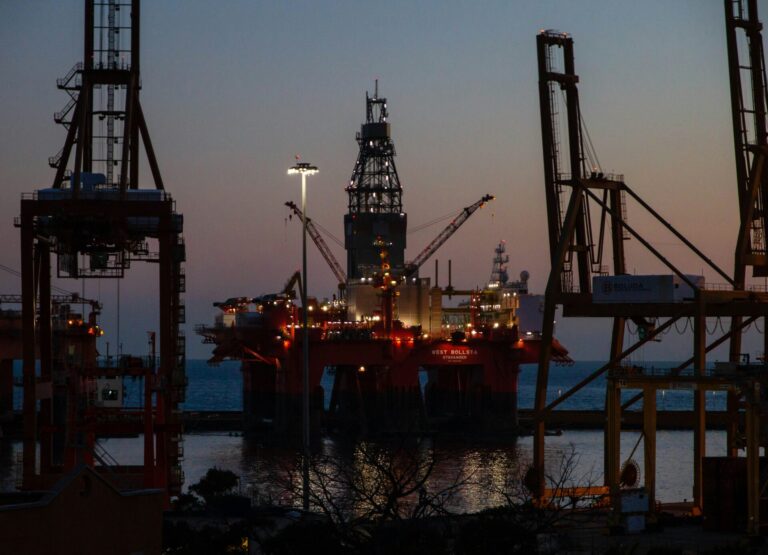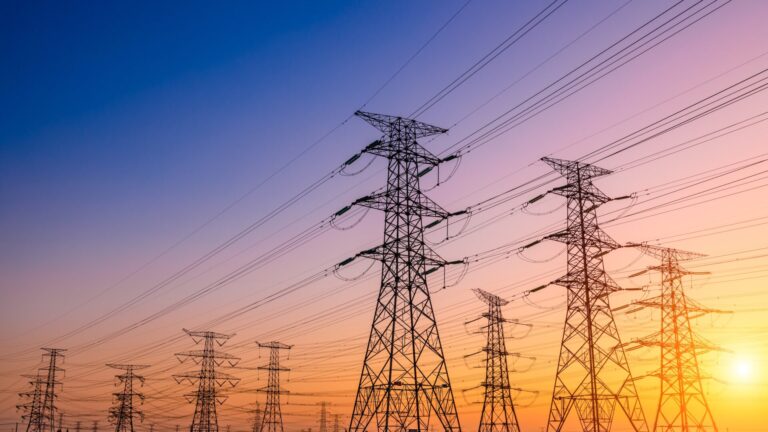
The Storage Conundrum
One of the critical issues at play is the state of Europe’s gas storage. In the wake of the Ukraine conflict, Europe ramped up its gas storage efforts to buffer against potential supply disruptions. However, these reserves are now under pressure as Liquefied Natural Gas (LNG) exports shift towards Asia, where demand is soaring. As of now, European gas storage levels stand at 72% capacity, but this might not be sufficient if significant supply disruptions occur. This precarious balance between supply and demand is a significant factor that could drive up energy costs.
Market Speculations and Energy Prices
Impact on Households and Businesses
For households and businesses across the UK, this potential rise in energy costs could be a significant burden. Higher energy bills would not only impact household budgets but also add to the operational costs for businesses, which could, in turn, contribute to broader economic inflation. The energy sector’s influence on inflation is notable, as energy costs trickle down to various aspects of the economy, from manufacturing to services.
Additionally, since a significant portion of UK electricity is produced using gas, electricity prices are also likely to rise. This interdependence means that a spike in gas prices will directly affect electricity costs, compounding the financial strain on households and businesses.
Government and Policy Responses
Preparing for the Future
The situation underscores the importance of long-term strategies for energy security and sustainability. Investing in renewable energy sources, enhancing energy efficiency, and diversifying supply chains are crucial steps to reduce dependency on volatile gas markets. For now, monitoring the gas supply situation and staying informed about potential changes to energy prices will be vital for both consumers and businesses.
The next few months will be critical in determining how the gas market evolves and what measures can be taken to safeguard against significant price hikes. Stay up to date through our energy updates page.
We recommend securing more favourable energy rates ahead of the potential price spikes this winter, call our experts on 0800 989 0141 to see how we can help your organisation save on costs this winter.






